The Paramount Importance of Safety Management in Aviation
Other · 3 min read
Whether you are planning a trip or just dreaming of one, check our recommendations for the best airlines to fly to Japan!
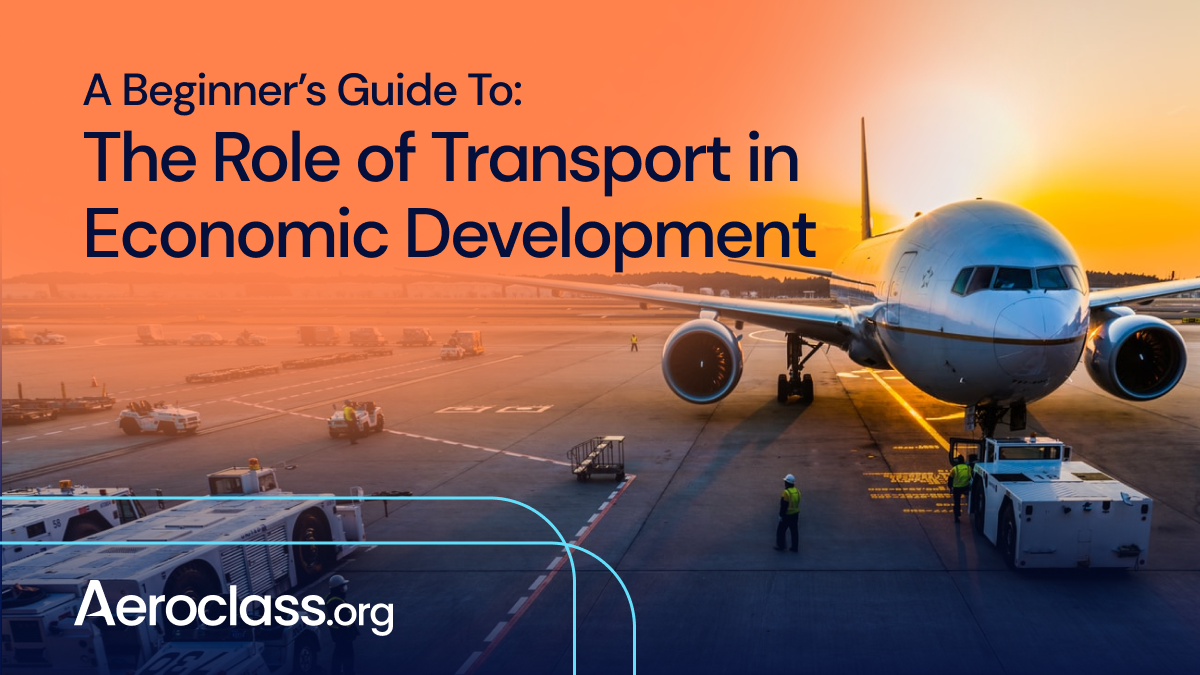
The economy of any country depends on having many areas working smoothly and without significant disruptions. And one of the most critical areas for the economy is transportation.
Transportation and logistics play a significant role in economic growth, one of the most relevant macroeconomic measures. But before we continue learning the details of how transportation and logistics impact a nation’s economy, let’s understand what transportation economics means.
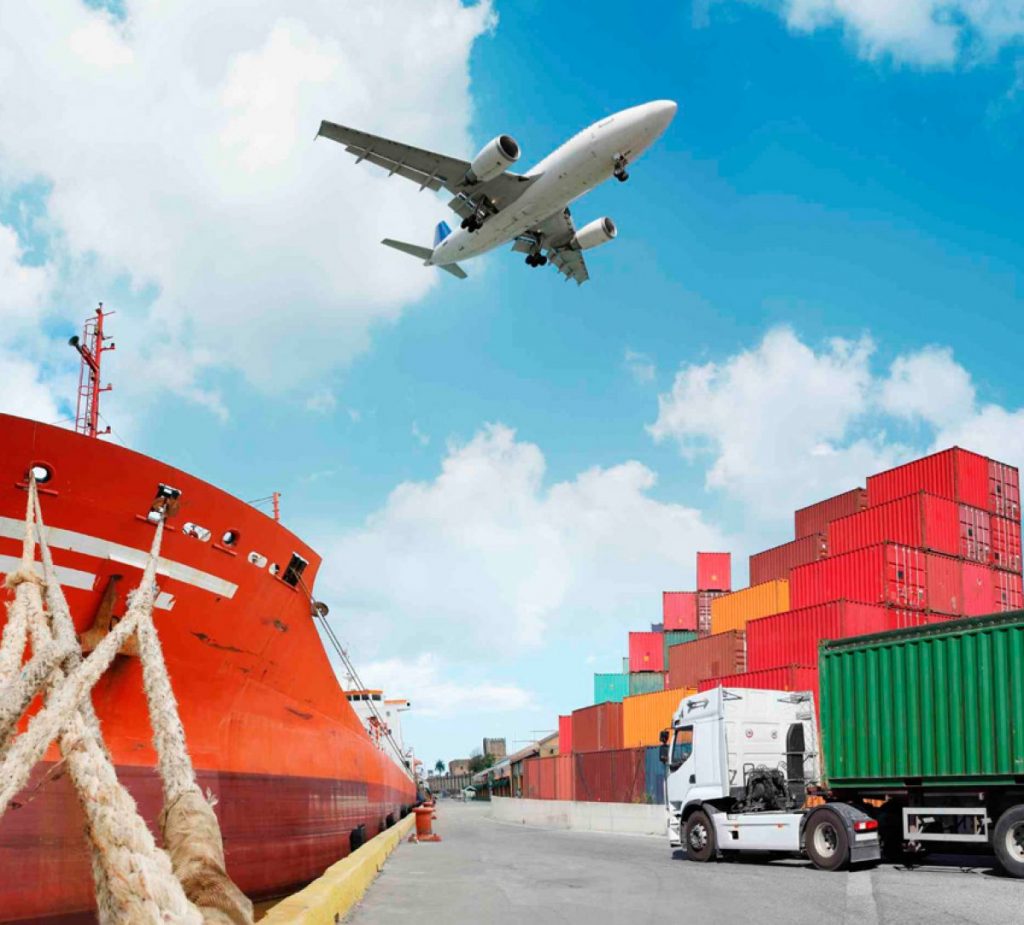
A simple definition of transportation economics says that it is the branch of economics that studies resource allocation on the transport sector and infrastructure to satisfy the requirements of society. By applying transportation economics, countries can develop more efficient transport systems to promote economic development.
In other words, the primary role of transportation as a component of any economy is to provide and improve the access people and organizations have to different locations within the country or abroad while facilitating a more comprehensive range of social and economic interactions that would otherwise not be possible.
In transport economics, demand is an especially important measurement which can be tracked by various means, such as a total number of journeys made, or total distance travelled, it is usually measured separately for public and private transportation systems. Understanding your demand, and load, countries can react and adapt their transportation facilities, transportation investments, transportation costs and various infrastructure and transportation projects within a country or as a network to the rest of the world.
Here is where transportation economics largely comes into play.
Transport is essential for global or any local economy because an efficient transport system promotes people’s personal development and business growth. Without a functional transportation system, it is tough for people to get to school and working places.
Also, it becomes difficult for businesses to have access to supplies and provide finished products to the consumers.
To better illustrate the importance of transport activities, we can take some statistics. For example, by the end of the 20th century, transportation represented between 17 and 18 percent of the United States Gross National Product (GNP).
Transportation represents around 5% of the Gross Domestic Product (GDP) of most countries members of the European Union nowadays. Other countries such as New Zealand report the same kind of numbers.
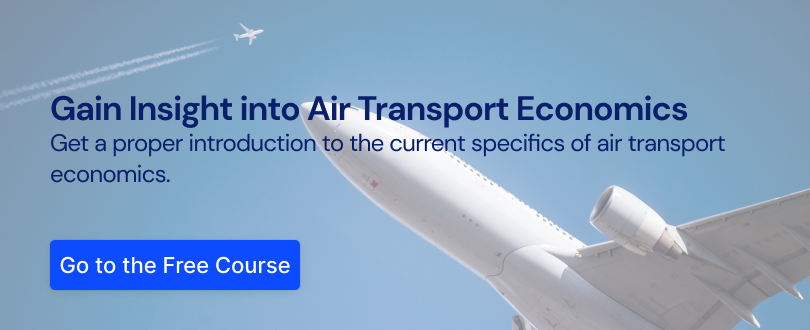
According to the European Commission’s Science and Knowledge Service, 10 to 15 percent of the cost of finished products for European manufacturers comes from logistics, which include transportation and storage. Also, 13.2% of every household’s budget is spent on transport goods and services on average. Transport activities have a significant impact on economic activities.
To understand how the economic development of a country can be affected by the transport infrastructure it has in place. It is essential to make clear that transport has both macroeconomic and microeconomic relevance.
This means that the transport capacity of a country will impact different aspects that are part of its economic development. Let’s take a closer look at some of them.
Continuing with the example of the United States, the most crucial segment of transportation in the country is the highway users.
This segment receives more than four-fifths of the expenditures for both personal and freight intercity transportation, which represents a larger amount than the one ever reached by railroad transportation, even before World War I when it saw its golden age.
Although automobile ownership is not as high in other countries of the world, this clarifies that the need for moving people and goods is an essential aspect of the economic activity of any society.
Therefore, investment in any form of transportation will help economic development no matter how high the expenditures may seem to be.
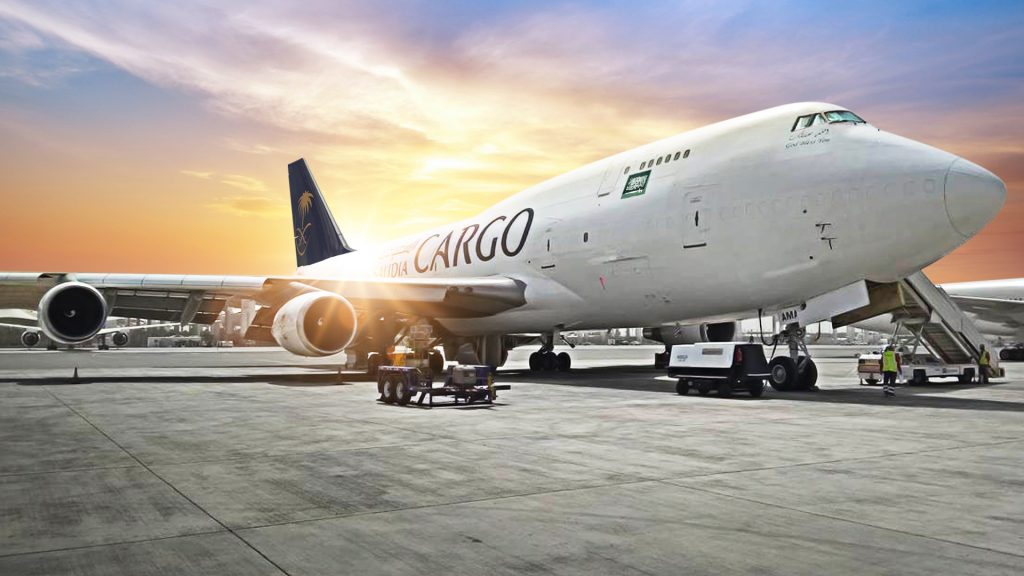
Among the most significant aspects of economic growth affected by transportation activities there are communication and commerce. Transport infrastructure investment aims to create the most efficient transport network for both nationwide and local economies. Any government looking to access trade markets better and push economic growth requires an extensive network to improve transport activity and logistics.
A government building roads and other transportation infrastructure make sure their social, political, and commercial ties are strong inside and outside the country’s borders. Without them, commercial trade would not be possible. Could you imagine companies like Sony, Samsung, or Apple without the possibility of exporting their products?
Would their countries Japan, Korea, and the United States have the same economic power? Obviously not. Therefore, facilitating communication and commerce with a transportation system must include different transport services. But, what are those services?
The minimum services for people and freight transportation that must be included in any transportation system to facilitate communication and commerce are:
The battle for economic dominance sees different countries trying to leverage various economic factors to their advantage. And transportation is one of them. Transport services, the associated infrastructure, and logistics can benefit other nations in the global markets. For example, the UK has long coastlines with the possibility of having ships coming and going from their ports represents an advantage over countries inside the continent with no coasts.
Similarly, the more extended coastlines and the capacity of the ports and airports in the United States make them stronger when it comes to transportation and logistics to cover the global demand for the products manufactured by US companies. Another important aspect of having better transportation is that it helps reduce the associated costs from the products, thus resulting in price competitiveness.
Looking back in time, transport activity was associated with the possibility of developing land and other resources. This was one of the most critical factors for the growth of agricultural production, although it also converted transportation into the biggest enemy of the environment in the view of many.
With the possibility of developing the land, the population could also grow, and with it, the demand for markets to increase production. More production also means more freight moving around and more demand for vehicles to move those goods. And so, the snowball continues to grow, resulting in an undesired impact on the environment.
It is well known that transport mainly depends on oil resources which cause harmful CO2 emissions. Fortunately, almost every government in the world has now committed to improving infrastructure and logistics to take emissions to net zero in upcoming years.
What’s more, with a growing demand of private and public transportation, there arises another issue, which is traffic congestion. The University of California Transportation Center have conducted powerful research on traffic congestion mitigation. Controlling the ever moving transport and improving transport infrastructure can also greatly impact the effect we have on the environment.
Economic growth and economic productivity requires human interactions. In the end, it is the people who make trade possible. But, this growth also means population growth and a higher demand for transportation alternatives for people to move from their homes to their schools and workplaces.
Also, transportation has helped to take human interactions to a global level. The fact that air traveling allows us to reach the other side of the planet in one day makes it possible to see business and cultural exchange worldwide. Therefore, the demand for passenger transportation increases, which results in more business and more opportunities for economic development.

The demand for efficient transport is not limited to people moving around a city or within a country. Logistics is an area of economic activity which benefits significantly from having the best possible transportation system. Governments can control the expansion of their transportation system to achieve economic growth. There are two ways to do it.
Here, the investment is made in the general growth. As a result, consumers demand more and better transportation alternatives. Control here is limited as the governments will have to react to the demand that appears, which usually results in poor solutions.
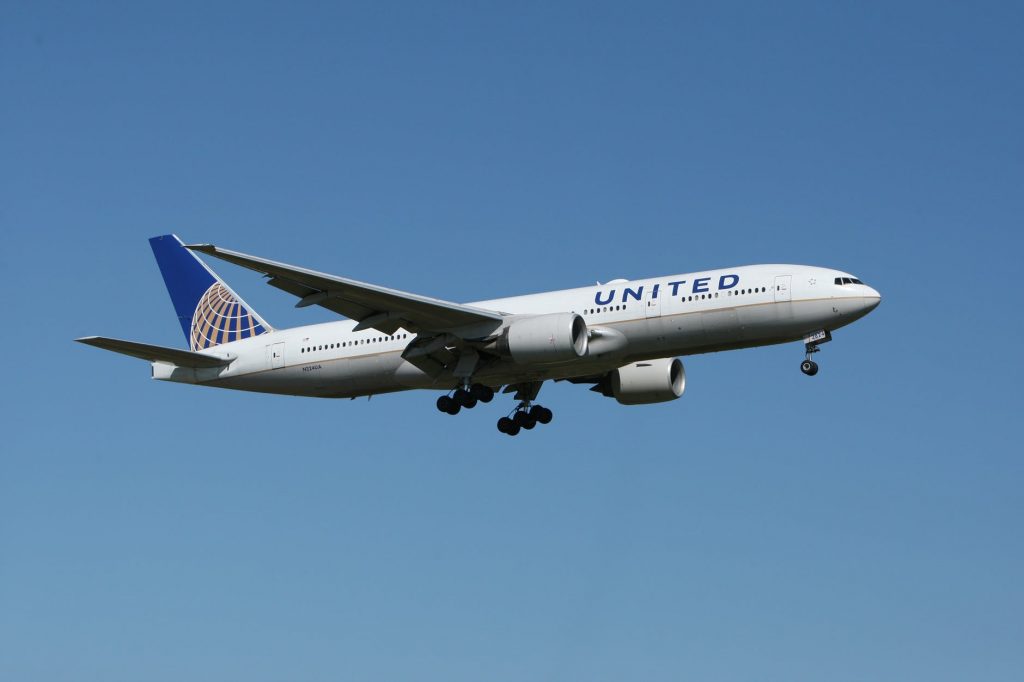
This is a more controlled option for the expansion since general growth comes from transport networks and infrastructure investment which promotes productivity and generates more demand for those new and better products. Providing solutions in advance allows for better planning and better predictions on the possible outcomes.
Governments need to be careful about the environmental impact of their decisions on transportation solutions. The current demand for lowering emissions and controlling pollution should not be taken lightly.
Nevertheless, technologies are being developed and transportation investments are being allocated across transportation alternatives, including air transportation. Such new technologies aim to keep global economic activities sustainable while covering the demand for goods of the constantly growing population. Let’s hope for the future of transportation to be a better one.